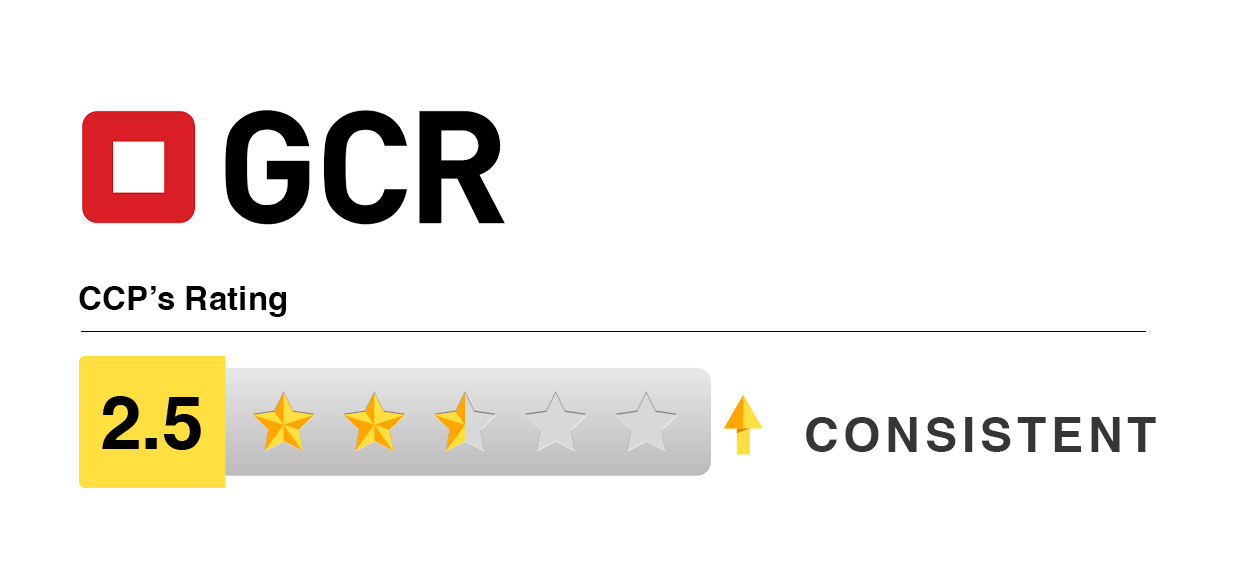Pakistan’s Competition Commission continued to progress impressively in its second year in Rating Enforcement. After years of delays, the country’s first full Competition Act came into force in 2010, and the authority has made it clear over the last two years that it intends to use it. That it was nominated for GCR’s “Agency of the Year – Asia-Pacific, Middle East and Africa” award this year is reflective of its development.
The increase in staff at the commission is an indication of the direction in which is it heading. The number of non-administrative staff is almost 25 per cent more than in 2010, with half as many people leaving.
The majority of new arrivals appear to be economists. In 2010, eight per cent of the non-administrative workforce was economists; in one year, that number has shot up to 23 per cent, illustrating the commission’s desire to engage in effects-based competition enforcement like many of the more mature agencies across the globe.
Lawyers say the commission’s efficiency and success is largely due to its highly-regarded chairperson, Rahat Kaunain Hassan. Since the enforcement of the new act, Hassan is credited with reorganising the authority to get the best out of its capable staff and modest resources. In 2011, five departments were created with specific mandates targeting each of the authority’s main priorities and all have been hard at work, according to practitioners. This contributed to an impressive 35 per cent reduction in operating costs.
In a country where anti-competitive activity is widespread, the commission’s advocacy efforts earn a great deal of praise from practitioners. There is a strong focus on education as well as enforcement, they say.
In a bid to grow a competition culture in Pakistan, the commission is keen to show leniency towards companies that agree to improve their competition compliance programmes. “They are efficient and open to reason,” says one source.
One example of this in 2011 is the authority’s 1 million-rupee (approximately €8,550) fine of Pakistan’s Shipping Agents Association for trying to fix the price of its members’ shipping services, which is illegal under the Competition Act. The commission agreed to be lenient after accepting the association’s arguments that it was under government pressure to regulate prices and “expressed a desire” to comply with competition law.
An alleged bundling case in the cinema sector was also resolved with novel commitments. Accused of tying cinema tickets to food vouchers to increase ticket prices, the company agreed to hold five viewings for underprivileged customers in Rawalpindi and Islamabad, where the alleged practice took place. The commission agreed to be lenient because of the company’s “amicable approach” and commitment to compliance, and subsequently did not issue a fine.
Trade associations were in the authority’s firing line in 2011. Of the four dawn raids carried out, three included cases where associations were targeted; in the shipping, cooking oil and power distribution markets.
The cooking oil probe was particularly high profile as it is a huge consumer market, and the commission’s 50 million-rupee (approximately €428,000) fine against the Pakistan Vanaspati Manufacturers Association made up the majority of the total cartel fines it doled out in 2011. To reinforce its commitment to enforcement, the authority also ordered the association to file a compliance report within 30 days of the judgment or risk a 1 million- rupee fine for every day it was late.
The continuing power distribution case includes 23 parties in total and is another example of the commission’s desire to tackle major sectors. In it, the commission received its first ever leniency application, from Siemens. Consequently, it granted full immunity for the first time in April 2012.
Overall though, the amount of cartel fines in 2011 is less than half of the previous year. Moreover, the effectiveness of the commission’s enforcement has yet to be tested in court, as the Appellate Tribunal, which will hear competition cases, is not yet fully constituted, and the bureaucratic High Courts have yet to issue a decision on the merits. The success of the authority’s enforcement programme will be known in more detail after some court rulings are issued.
On the mergers side, the commission has more than doubled its team since last year. It also challenged deals for the first time, taking them to Phase II and gaining remedies in two of three challenges.
For lawyers, the commission is proof that an independent, respected authority can exist in a developing country with significant economic and political challenges, and they anticipate that it will go from strength to strength.


